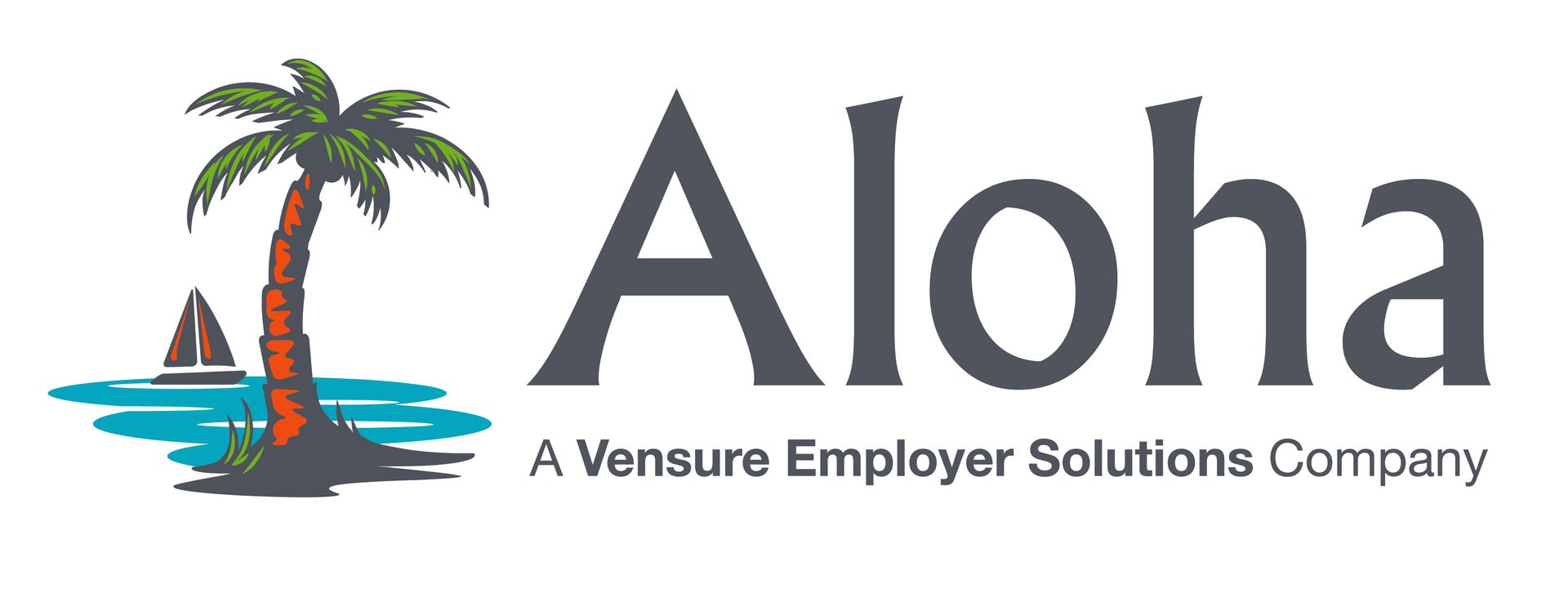How to Conduct Effective Performance Reviews
Performance reviews are an essential part of managing a successful team. They provide an opportunity for managers and employees to discuss goals, achievements, and areas for improvement. However, conducting effective performance reviews requires careful planning and execution. In this blog post, we will explore some best practices to help you conduct performance reviews that are meaningful, productive, and beneficial for both parties involved.
Setting Clear Expectations
Before conducting a performance review, it is crucial to have clear expectations in place. This means defining performance goals, objectives, and key performance indicators (KPIs) for each employee. By setting clear expectations from the beginning, both the manager and the employee will have a shared understanding of what success looks like. This will make the performance review more focused and relevant.

Preparing for the Performance Review
Preparation is key to conducting an effective performance review. Start by reviewing the employee's job description, previous performance reviews, and any relevant performance data. This will help you gather objective information about the employee's performance and identify areas that need improvement. Additionally, it is essential to gather feedback from colleagues and other stakeholders to gain a well-rounded perspective.
Creating a Comfortable Environment
Performance reviews can sometimes be stressful for employees. To ensure a productive conversation, it is crucial to create a comfortable environment. Choose a private and neutral location where both parties can speak openly without distractions. Begin the review by setting a positive tone, emphasizing the purpose of the review as a growth opportunity rather than a critique.

Using a Structured Approach
Using a structured approach during the performance review helps keep the conversation focused and organized. Start by discussing the employee's achievements and strengths, highlighting specific examples of their contributions. Then, address any areas for improvement, providing constructive feedback and suggestions for growth. Finally, set clear goals and action plans for the future, ensuring that both parties are aligned on expectations.
Active Listening and Effective Communication
During the performance review, it is crucial to practice active listening and effective communication. Give the employee an opportunity to share their perspective, ask questions, and provide input. Use open-ended questions to encourage dialogue and ensure that both parties have a mutual understanding. Be attentive, empathetic, and respectful throughout the conversation.

Providing Constructive Feedback
Constructive feedback is an essential component of performance reviews. When providing feedback, focus on specific behaviors or actions, rather than personal characteristics. Use the "sandwich" method, starting with positive feedback, addressing areas for improvement, and ending with encouragement and support. Be specific, provide examples, and offer actionable suggestions for improvement.
Follow-Up and Continuous Support
After the performance review, it is essential to follow up with the employee. Provide a written summary of the review, including key discussion points, agreed-upon goals, and action plans. Schedule regular check-ins to monitor progress, offer support, and provide ongoing feedback. By maintaining open lines of communication, you can ensure that the performance review is a continuous process rather than a one-time event.

Conclusion
Conducting effective performance reviews is crucial for fostering employee growth, improving performance, and enhancing overall team productivity. By setting clear expectations, creating a comfortable environment, using a structured approach, practicing active listening, providing constructive feedback, and offering continuous support, you can conduct performance reviews that drive positive change and contribute to the success of your team.
